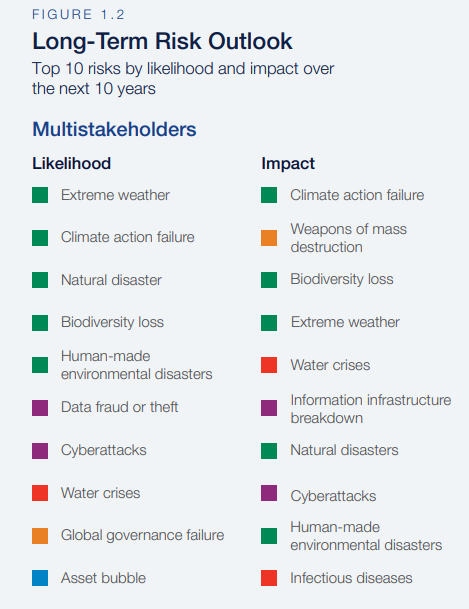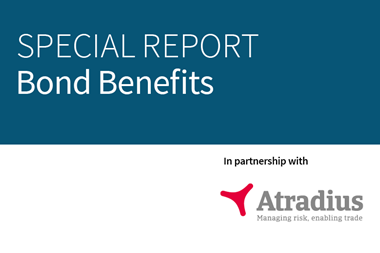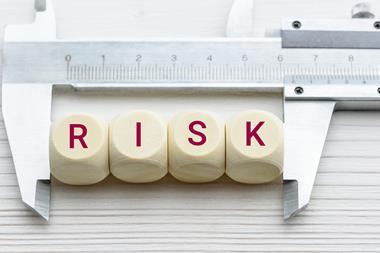The COVID-19 pandemic shows we must reduce our blind spots to risk - World Economic Forum
Børge Brende, president of the World Economic Forum has warned the risk of a global pandemic has risen in recent years, but the perception of that risk has not matched reality.
Writing in an article, he notes that the threat of infectious disease has fallen down the rankings of the WEF Global Risks Report in recent years.
“It is human nature to feel most threatened by what feels closest,” wrote Brende. “But a potential danger is that when a risk gets crowded out of our collective sightlines, it may go unaddressed, and we may be ill-prepared to address it when it does manifest.”
He said the global community needed to do more to be aware of its blind spots and not let the fight against the COVID-19 pandemic distract from other important risks, such as climate change and cyber security.
Within the WEF Global Risks series, infectious disease has only once ranked within the top five perceived risks. This was in 2015 in the immediate aftermath of the Ebola epidemic, when infectious disease was ranked second in terms of impact.
Beginning in 2016, climate-related issues began to dominate the risks perception of respondents, as global temperatures steadily rose and as major weather-related natural catastrophes, such as Hurricanes Harvey, Irma and Maria in 2017, impacted businesses and global supply chains.
In the 2020 Global Risks report, which was published in early January when the impact of the coronavirus was only just becoming known, infectious disease does not rank in the top 10 risks from a likelihood perspective. In terms of impact, it ranks in tenth position.

“Progress against pandemics is being undermined by vaccine hesitancy and drug resistance, making it increasingly difficult to land the final blow against some of humanity’s biggest killers,” the report noted. “As existing health risks resurge and new ones emerge, humanity’s past successes in overcoming health challenges are no guarantee of future results.”
It added that: “Considerable progress has been made since the Ebola epidemic in West Africa in 2014–2016, but health systems worldwide are still under-prepared for significant outbreaks of other emerging infectious diseases, such as SARS, Zika and MERS.”




















No comments yet